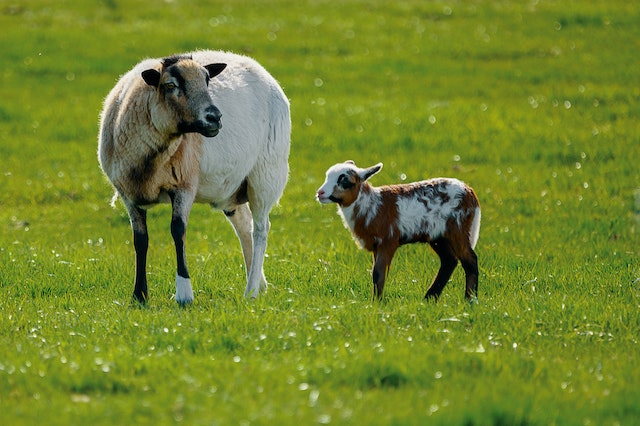
In the world of dietary choices, one of the most debated and followed approaches is the animal-based diet. Also known as a carnivorous or Animal based diet, it places a strong emphasis on consuming foods of animal origin while minimizing or excluding plant-based foods. In this blog, we’ll delve into the animal-based diet, its variations, the reasons people choose it, potential benefits, and considerations for those interested in adopting this eating pattern.
What Is an Animal-Based Diet?
An animal-based diet primarily consists of foods sourced from animals, including meat, poultry, fish, eggs, dairy products, and, in some cases, animal-derived fats like butter and lard. This diet usually excludes or significantly limits plant-based foods such as fruits, vegetables, grains, legumes, and nuts.
Variations of the Animal-Based Diet:
- Carnivore Diet: This is the strictest form of the animal-based diet, where individuals consume only animal products and no plant foods whatsoever. It typically includes red meat, poultry, fish, eggs, and dairy.
- Ketogenic Diet: While not exclusively animal-based, the ketogenic diet emphasizes high-fat, low-carbohydrate foods. It often includes animal products like meat, butter, and cheese as primary sources of calories.
- Paleo Diet: The paleolithic diet, or paleo diet, encourages eating foods that our ancestors might have consumed during the Stone Age. It includes lean meats, fish, fruits, vegetables, nuts, and seeds, but excludes grains and dairy.
Why Do People Choose an Animal-Based Diet?
There are various reasons why individuals opt for an animal-based diet:
- Health Benefits: Proponents argue that animal-based diets can lead to weight loss, improved blood sugar control, and reduced risk of certain chronic diseases.
- Allergies or Intolerances: Some people choose this diet because they have food allergies or intolerances to certain plant-based foods.
- Cultural or Ethical Reasons: In some cultures, animal-based diets are deeply rooted in tradition and may have ethical or religious significance.
- Simplicity: Advocates appreciate the simplicity of an animal-based diet, which can eliminate the need for complex meal planning and food variety.
Potential Benefits of an Animal-Based Diet:
- Nutrient Density: Animal-based foods are rich in essential nutrients like protein, vitamins (especially B12), minerals (such as iron and zinc), and healthy fats.
- Satiety: High-protein diets often lead to increased feelings of fullness, which may aid in weight management.
- Simplicity: Some people find it easier to follow a diet that eliminates complex food choices and focuses on a narrower range of options.
- Symptom Relief: Certain individuals with autoimmune conditions or digestive disorders report symptom relief when transitioning to an animal-based diet.
Considerations and Potential Drawbacks:
- Nutritional Balance: Excluding plant-based foods can limit your intake of dietary fiber, antioxidants, and phytonutrients found in fruits and vegetables.
- Environmental Impact: The production of animal-based foods can have a significant environmental footprint in terms of greenhouse gas emissions and resource use.
- Health Concerns: Some experts express concerns about the long-term health effects of high saturated fat intake and a lack of dietary fiber.
- Ethical and Moral Concerns: The ethics of consuming animal products are a subject of debate, with many people choosing plant-based diets for animal welfare reasons.